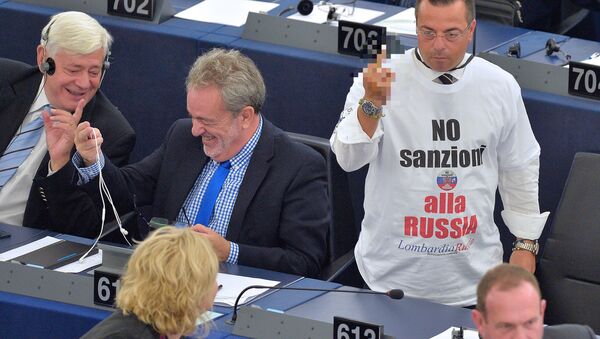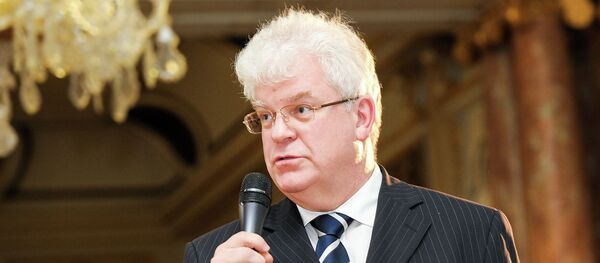Along with Hungary, Slovakia, Austria and Spain, these three countries are reluctant backers of economic curbs against Russia and, as long as the shaky truce holds in eastern Ukraine, the anti-sanctions bloc will lay down a marker at an EU summit starting Thursday in Brussels, Bloomberg reported.
“The likeliest outcome is that they will not agree to roll over the sanctions now and they will put off a decision until the last possible moment before the sanctions expire,” Ian Bond, a former British diplomat now with the Center for European Reform in London, said by phone.
“The anti-sanctions camp seems to be growing in confidence,” Steven Blockmans, an analyst at the Center for European Policy Studies in Brussels, told Bloomberg by phone.
EU governments halted trade and visa talks with Russia and started blacklisting Russian politicians and military officers shortly after Crimea rejoined Russia last March. Those asset freezes and travel bans were extended by six months in January 2015.
Meanwhile, the foreign minister of Latvia, which currently holds the EU’s rotating chair, does not believe any new sanctions against Russian will be discussed in Brussels.



